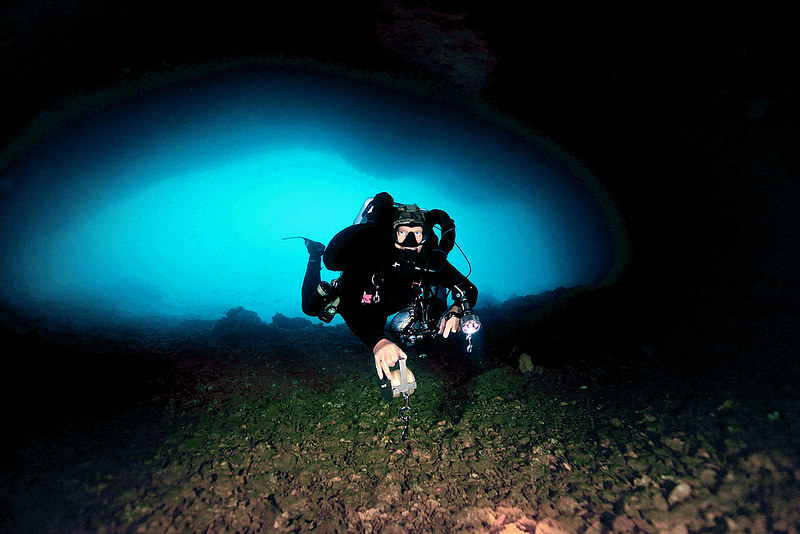
Cave diving safety guide
Cave diving is a popular pastime among thrill-seekers and rightly deserving of its reputation as one of the most dangerous extreme sports you can attempt.
A report titled ‘The Learning Curve’ and published by the Cave Diving Group estimated a fatality rate of one in every 3,286 dives – often enough to take seriously.
Some of the conditions of cave diving make it even more dangerous than diving in open water, including the pitch blackness of cave water, the tight passages that must sometimes be navigated, and the presence of ‘sumps’ where there is no air at all, just water all the way up to the rock above.
In this guide we’ll look at some of the steps you can take to protect yourself when cave diving, as well as some of the products you should not be caught without during a dive.
Be prepared
Preparation is key. Underground tunnels and sumps can be hundreds of feet long and may be too narrow to turn around in, so know where you are going before you start the first few feet.
Wear appropriate diving gear to keep your body warm, have something suitable to light your way, attach a sturdy guide line (and consider a backup line too) and, of course, carry the appropriate breathing apparatus and enough oxygen.
Gain experience
The Cave Diving Group report found experienced divers are 25 times more likely to survive an expedition, so don’t attempt the most dangerous sites if you are a novice.
If possible, go out with more experienced divers during your first few trips, and consider joining the Cave Diving Group so you can benefit from their expertise.
Don’t become complacent down the years – disaster can strike on your hundredth dive just as easily as your first, so always go well equipped and ideally, never dive alone.
If you qualify as an experienced diver, part of a cave diving group then our top 10 UK cave diving locations blog will provide you with some unforgettable cave diving experiences.
Cave diving Scuba accessories
Maxtec Scuba diving oxygen analysers give you fast and easy analysis of your oxygen levels, and should be considered an essential investment ahead of any dive.
Products in this range include:
If you don’t have an oxygen analyser and you’re planning a cave diving expedition, we would urge you to get one, or to get in touch with us directly if you want to know more.

